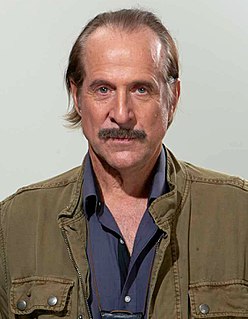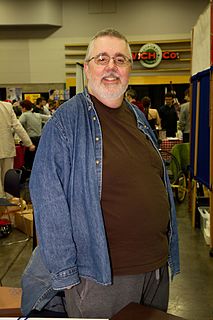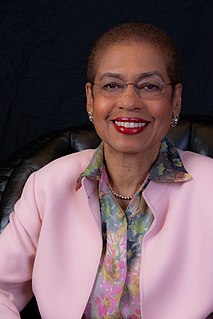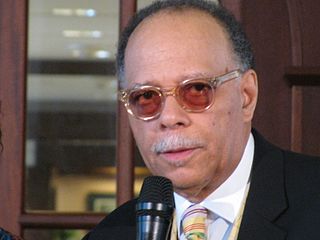A Quote by Michelle Alexander
Of course, no one should be trapped in bad schools or bad neighborhoods. No one. But I think we need to be asking a larger question: How do we change the norm, the larger context that people seem to accept as a given? Are we so thoroughly resigned to what "is" that we cannot even begin a serious conversation about how to create what ought to be?
Related Quotes
We talk about sexual harassment in the workplace, but there's sexual harassment in schools, right? There's sexual harassment on the street. So there's a larger conversation to be had. And I think it will be a disservice to people if we couch this conversation in about what happens in Hollywood or what happens in even political offices.
I think that we need to begin talking about what does it mean to create these safe spaces in our communities, to begin welcoming one another into our homes and into our communities when they're returning home from prison, people who are on the streets. We need to begin doing the work in our own communities of creating the kind of democracy that we would like to see on a larger scale.
In thinking about religion and society in the 21st century, we should broaden the conversation about faith from doctrinal debates to the larger question of how it might inspire us to strengthen the bonds of belonging that redeem us from our solitude, helping us to construct together a gracious and generous social order.
People think they don’t understand math, but it’s all about how you explain it to them. If you ask a drunkard what number is larger, 2/3 or 3/5, he won’t be able to tell you. But if you rephrase the question: what is better, 2 bottles of vodka for 3 people or 3 bottles of vodka for 5 people, he will tell you right away: 2 bottles for 3 people, of course.
People always ask me
"Son what does it take
To reach out and touch your dreams?"
To them I always say
Are you hungry?
Are you thirsty?
Is it a fire that burns you up inside?
How bad do you want it?
How bad do you need it?
Are you eating, sleeping, dreaming
With that one thing on your mind?
How bad do you want it?
How bad do you need it?
Cause if you want it all
You've got to lay it all out on the line.
Science tries to answer the question: "How?" How do cells act in the body? How do you design an airplane that will fly faster thansound? How is a molecule of insulin constructed? Religion, by contrast, tries to answer the question: "Why?" Why was man created? Why ought I to tell the truth? Why must there be sorrow or pain or death? Science attempts to analyze how things and people and animals behave; it has no concern whether this behavior is good or bad, is purposeful or not. But religion is precisely the quest for such answers: whether an act is right or wrong, good or bad, and why.
Lately, I'm thinking a lot about, in parenting and in my writing, how to create a language about sexism in a way that is attractive and approachable to this age group. I can teach my daughter about not talking to strangers but I can't teach her about how to succeed in a sexist world or even how to exist as a body in a sexist world. I want to begin by asking girls what they want and why they want it? Interrogating that. If this is the sex life you want, what makes you think you want that? I imagine the only way to authentically get at sexuality is by asking those questions.
I think poetry always lives its life, and people come to it and people go away from it, 'people' in the sense of larger numbers of people. It's as though you begin to think that poetry is a resource, and that at certain times people seem to need it or want it or can find sustenance in it, and at other times they can't.
I found that many gifted people are so afraid of writing a poor story that they cannot summon the nerve to write a single sentence for months. The thing to say to such people is: "See how *bad* a story you can write. See how dull you can be. Go ahead. That would be fun and interesting. I will give you ten dollars if you can write something thoroughly dull from beginning to end!" And of course, no one can.





































